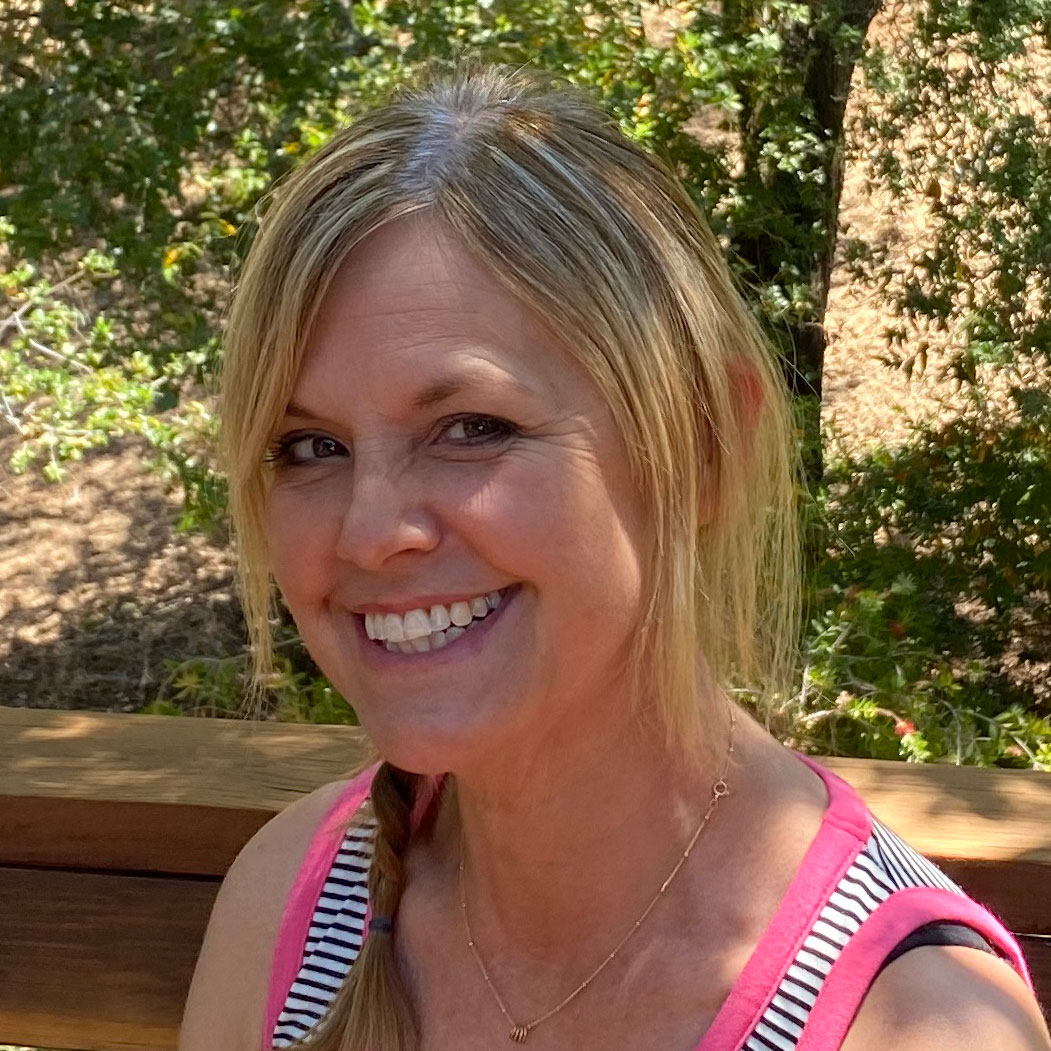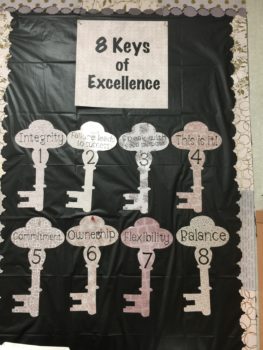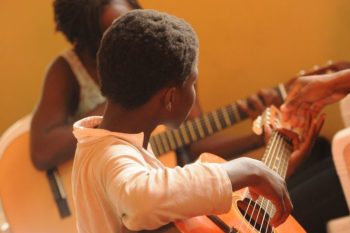 How to Parent Challenged Students
How to Parent Challenged Students
It is the dead of winter and students are locked up in classrooms with limited time to play outside due to unrelenting wind, cold, rain, or snow. Several students are recovering from viruses and flu. Many survive boredom by spending relentless hours playing computer games and visiting with their classmates online. Teachers are challenged with students suffering from cabin fever and mild winter depression.
Effective Classroom Strategies for Home Use
Here are 10 effective classroom management strategies that teachers use to calm students. These strategies are also effective for parents to use with their children at home.

Melissa has been an educator for over 20 years, and has spent the largest block of her teaching career in second grade, with additional experience in Grades 1 through 4.
After graduating from the University of Nevada with a Bachelor of Science Degree in education, with a dual degree in special education, Melissa traveled through Europe. Ms. Donahoe taught her first teaching assignment at a Department of Defense School in Germany. Following her husband’s military career, she also taught at a Title 1 school in Ft. Lewis, and finally landed in Silicon Valley, where she has taught for the past 16 years.
Melissa trained with the Noyce Foundation’s Writer’s Workshop. She has served as a Gifted and Talented Education (GATE) coach at her school, where she facilitated curiosity and a love for learning among her students.
Melissa developed a passion for biodiversity after visiting Monterey Bay Aquarium with her nephew. She adopted a sea otter mascot named “Loutre” and discovered her fascination with ocean health, imparting to her students the relationship between sea otters and their critical role in maintaining healthy kelp forests. Along with ocean health, Melissa inspires awareness among her students about microplastics in the environment. She is a follower of the Jane Goodall Institute’s Roots & Shoots program and believes that small changes at home can foster activism that leads to healthy life habits.
Melissa has a daughter who is a junior in high school and a son who is attending his second year of college at the University of Nevada.
 Growth Mindset: The Power of Yet
Growth Mindset: The Power of Yet
 Get Support for Your Child at School
Get Support for Your Child at School Teaching Our Kids Character Habits That Last a Lifetime (Part 3)
Teaching Our Kids Character Habits That Last a Lifetime (Part 3)
 Teaching our Kids Character Habits That Last a Lifetime (Part 2)
Teaching our Kids Character Habits That Last a Lifetime (Part 2)